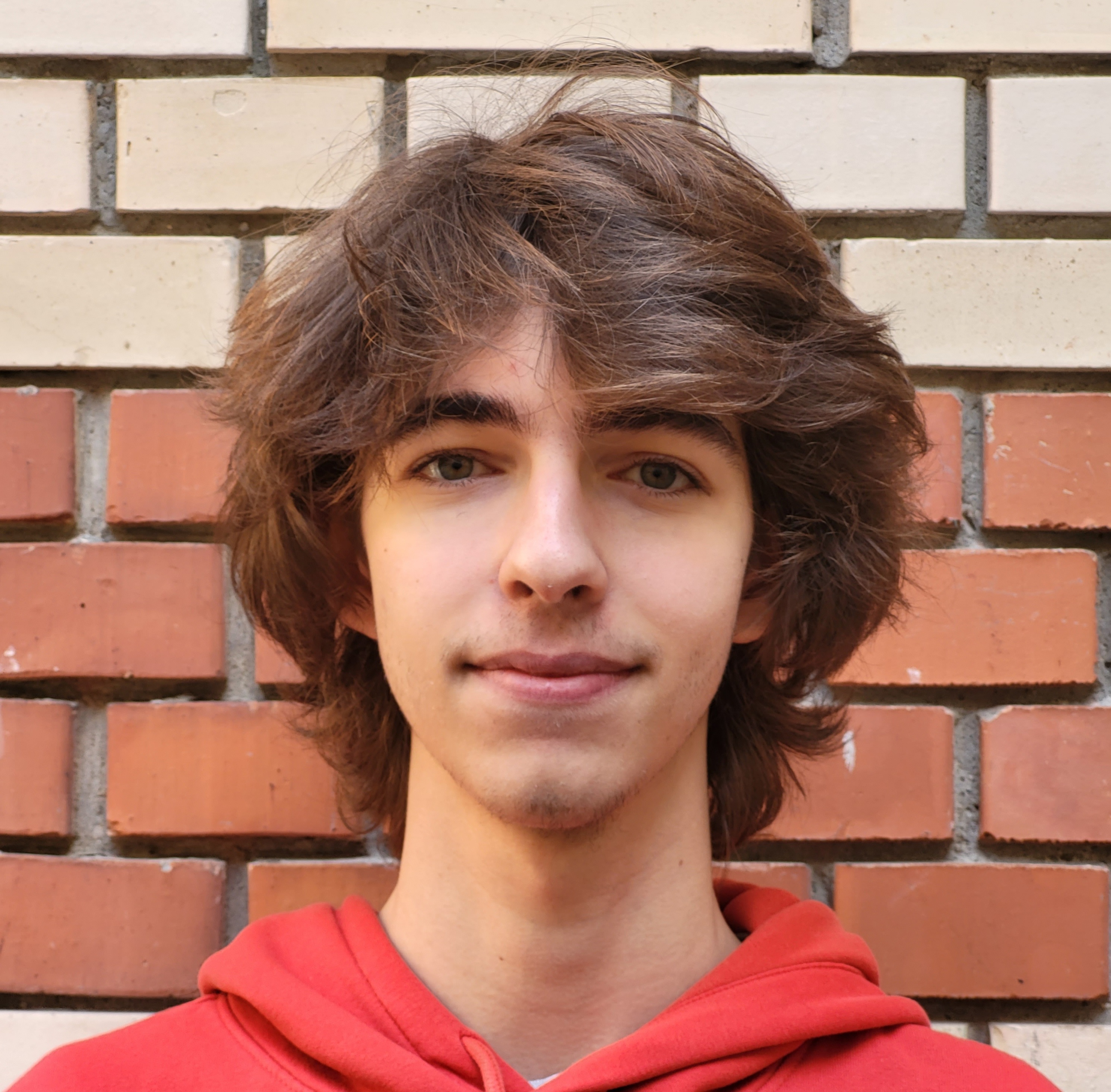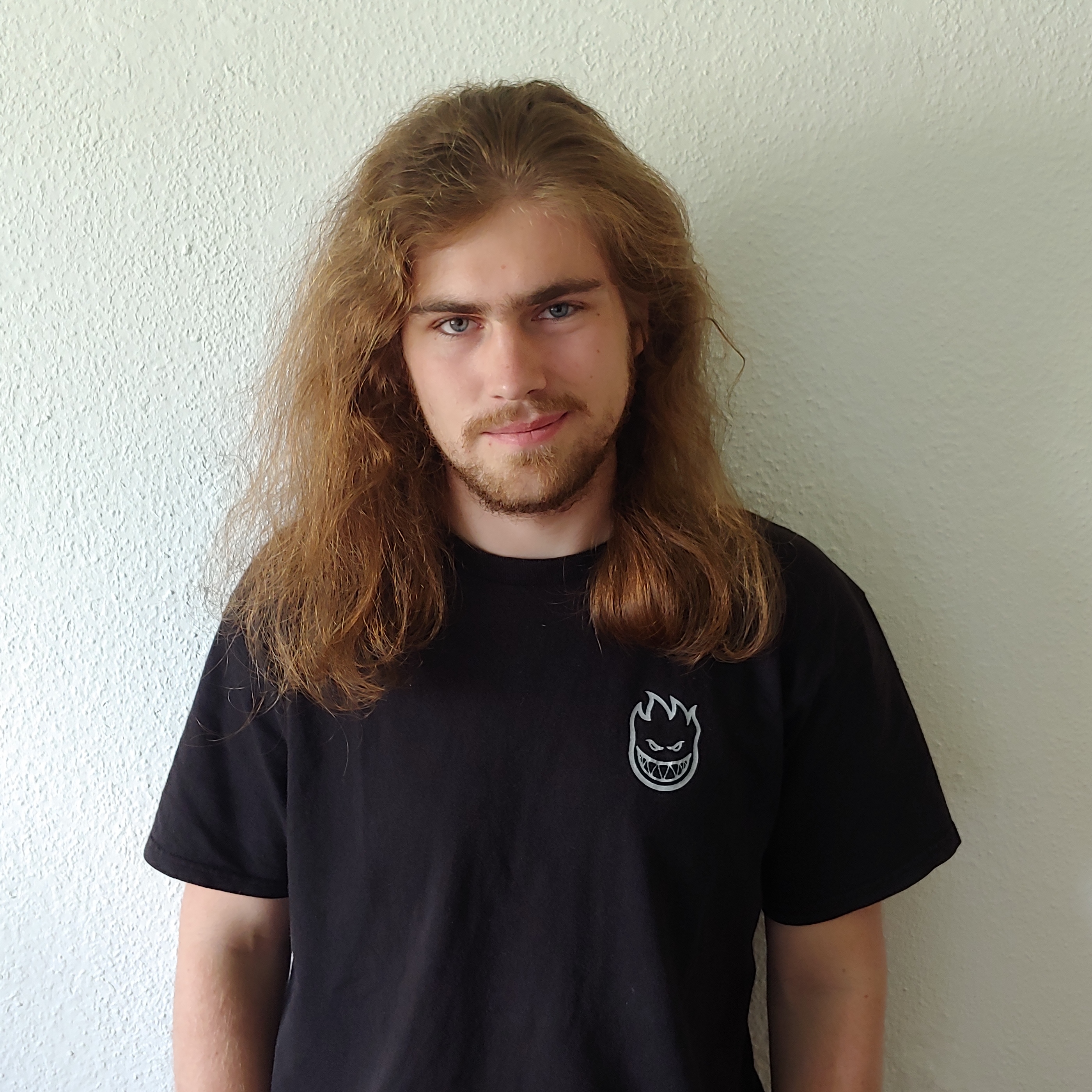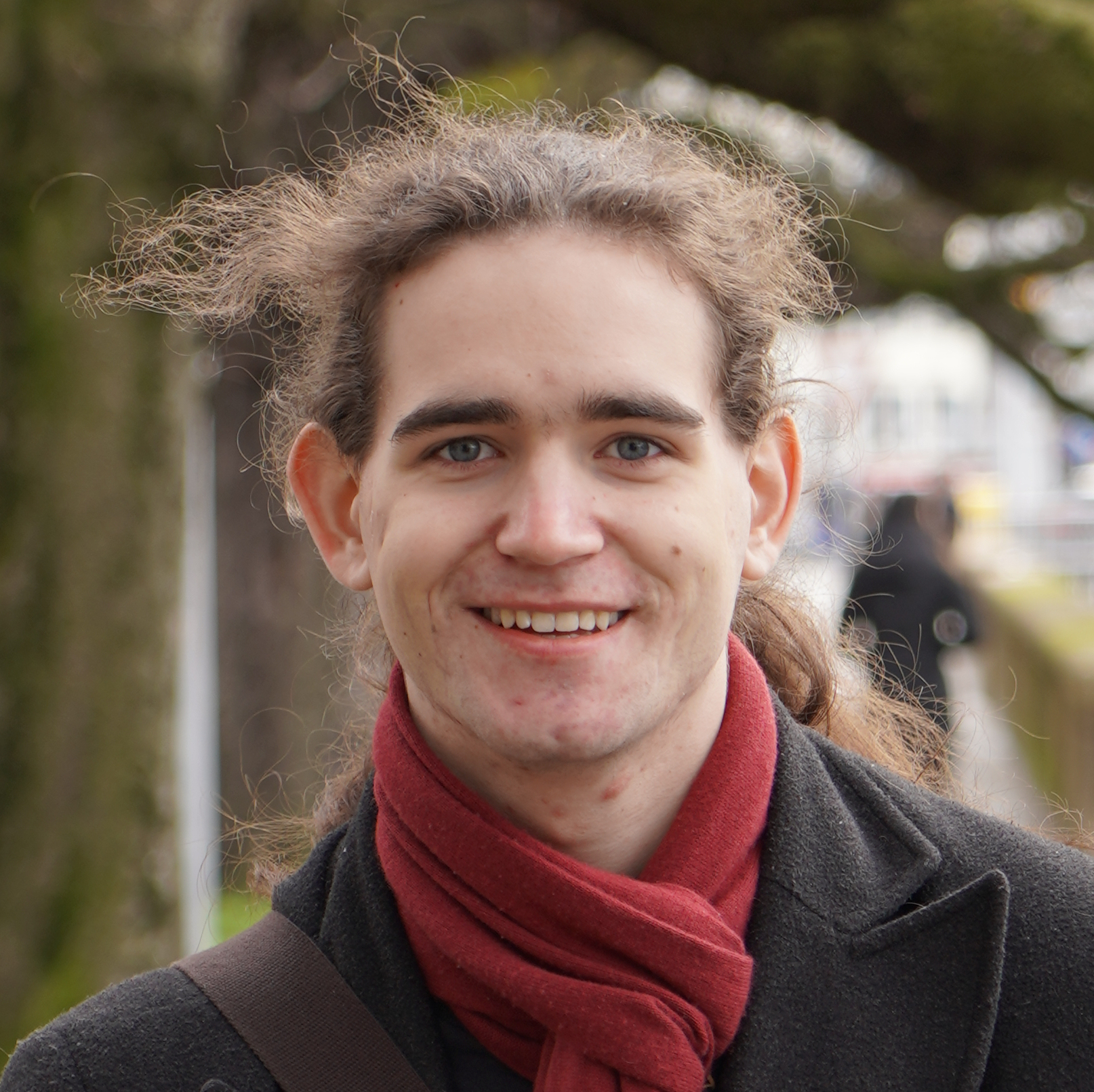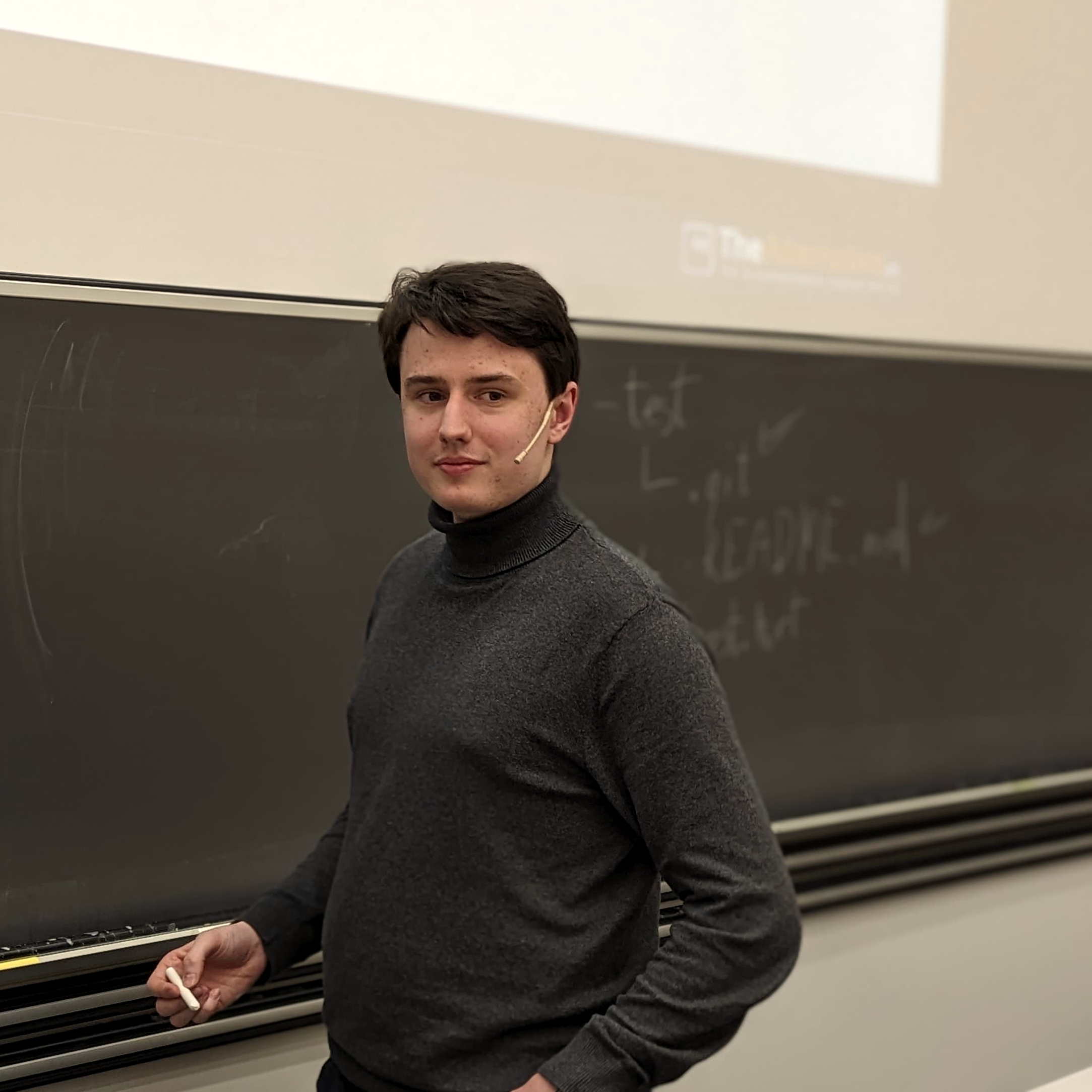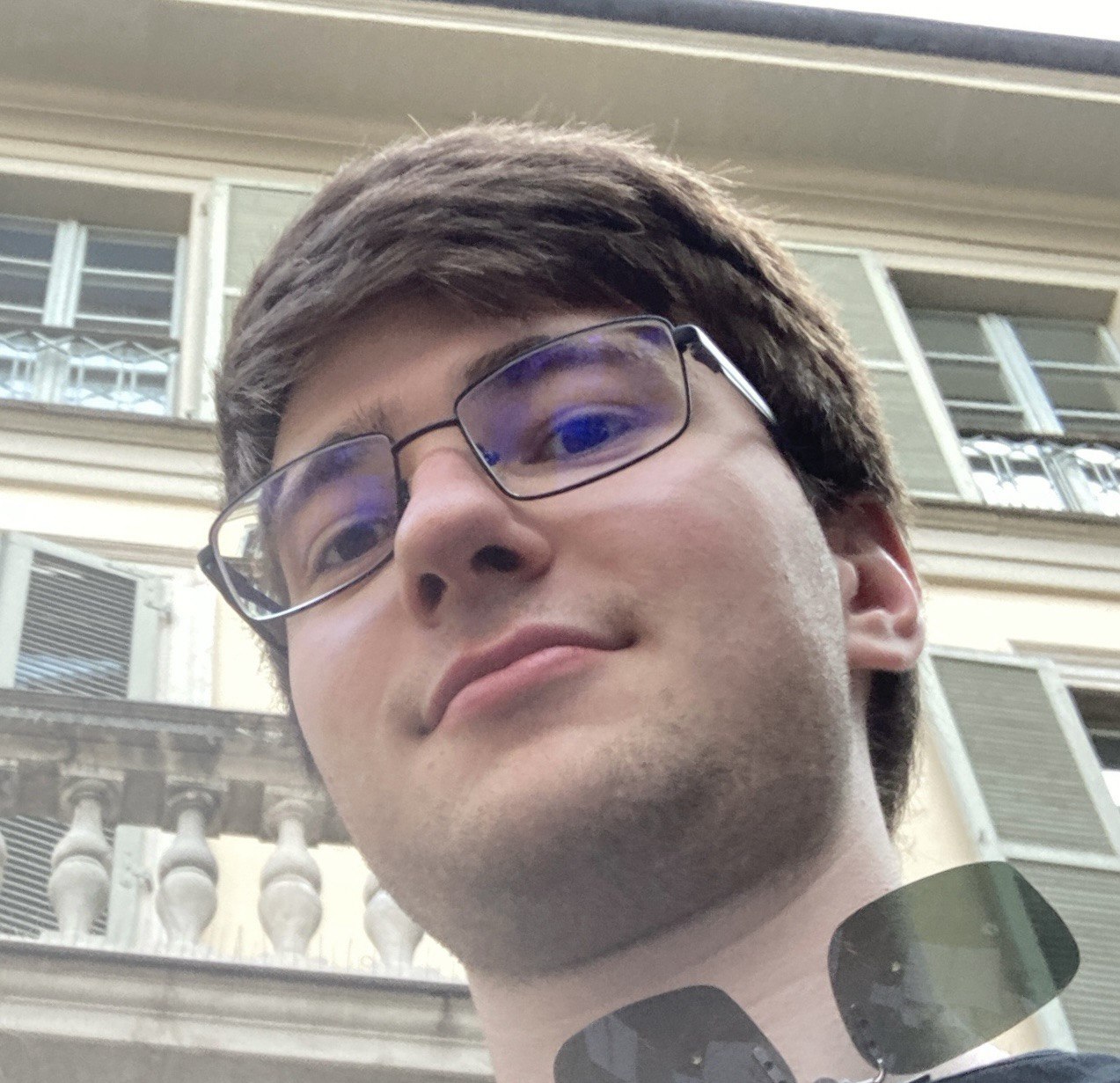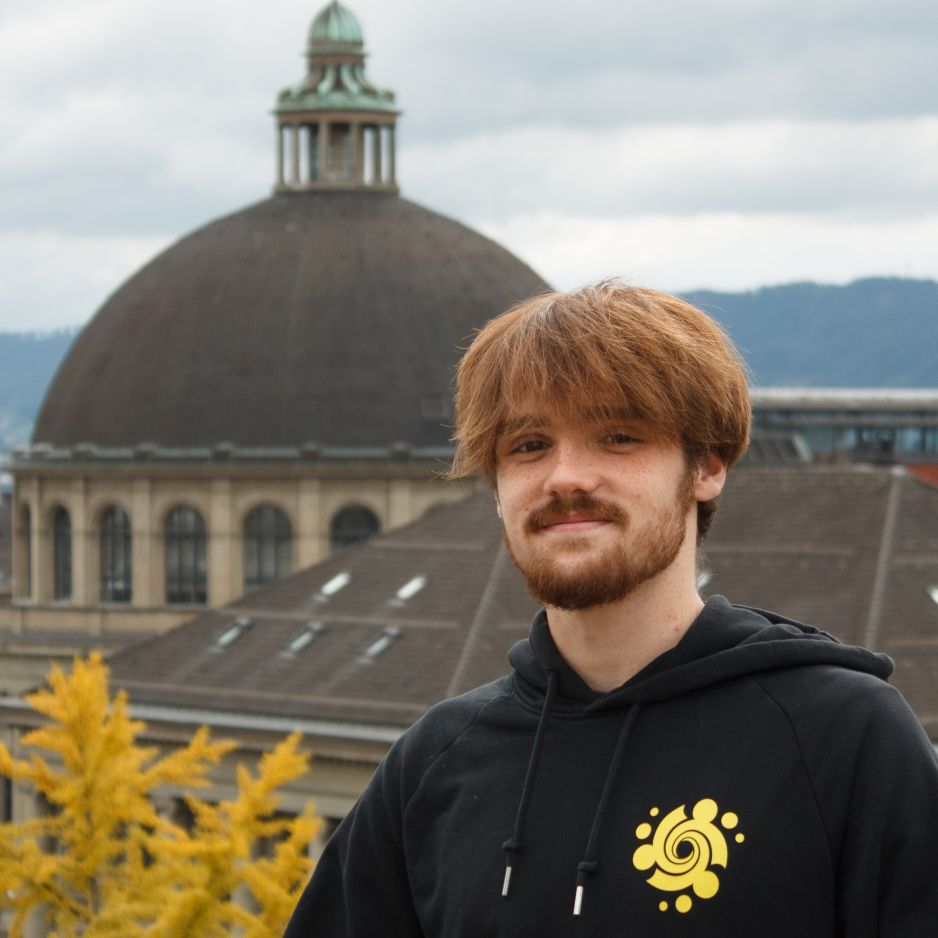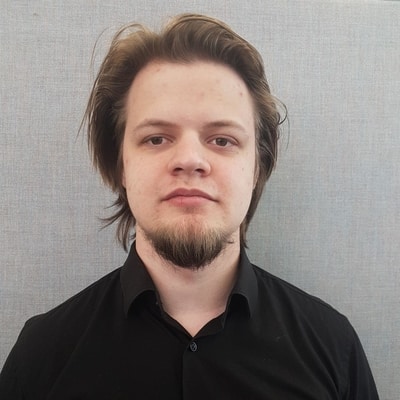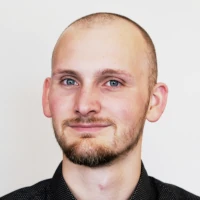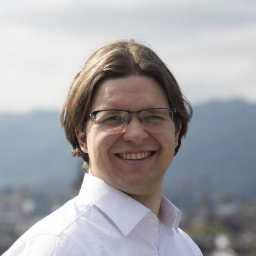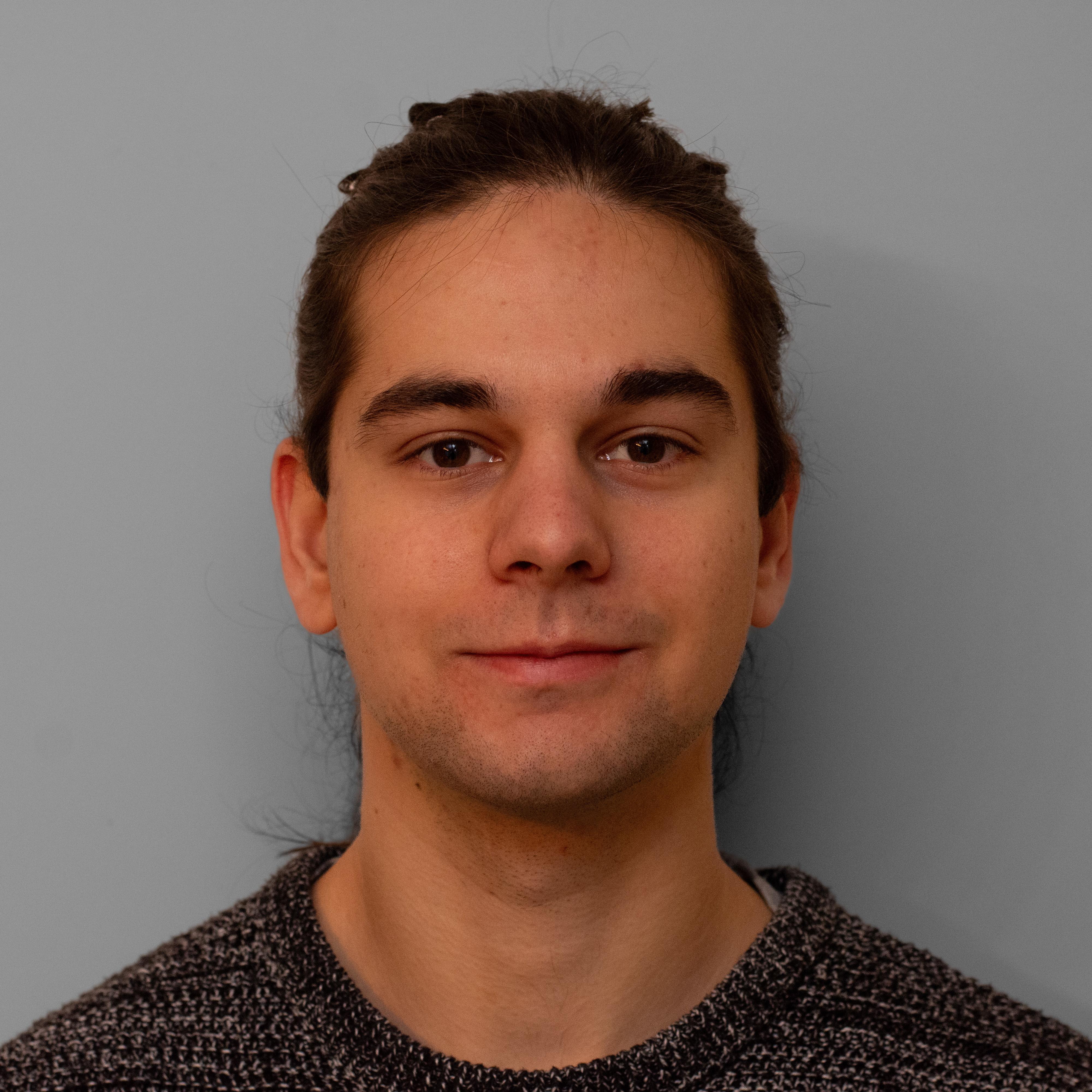
We are students at ETH who help you with Linux at our events and in our office. For free!
Because we love Open Source and Free Software and want to help you to get started (here's why).
Each semester, we organize events to help you use and produce Free and Open Science, Hardware, Software and File Formats.
Join our mailing list or follow us on Mastodon to stay up to date!

Events
Who we Are
Valentin Kaas
President
praesidium[ät]thealternative.ch
Caspar Gutsche
Vice President
praesidium[ät]thealternative.ch
Fadri Lardon
Board Member
fadri.lardon[ät]thealternative.ch
Ferdinand Pamberger
Board Member
finance[ät]thealternative.ch
Johanna Polzin
Board Member
johanna.polzin[ät]thealternative.ch
Ian Wasser
Board Member
ian.wasser[ät]thealternative.ch
Simon
Board Member
server[ät]thealternative.ch
Mikail Gedik
Board Member
mikail.gedik[ät]thealternative.ch
Jannis Piekarek
Board Member
jannis.piekarek[ät]thealternative.ch
Joshua Stalder
Board Member
joshua.stalder[ät]thealternative.ch
Noah Marti
Active Member
noah.marti[ät]thealternative.ch
Corinne Furrer
Active Member
server[ät]thealternative.ch
Nicolas König
Active Member
nicolas.koenig[ät]thealternative.ch
Alexander Schoch
Active Member
alexander.schoch[ät]vseth.ethz.ch
Fabius Grünhagen
Active Member
fabius.gruenhagen[ät]thealternative.ch
Kalani Kistler
Active Member
kalani.kistler[ät]thealternative.ch
Njal Kuhn
Active Member
njal.kuhn[ät]thealternative.ch
Maciej Byczko
Active Member
maciej.byczko[ät]thealternative.ch
Marc Meier
Active Member
marc.meier[ät]thealternative.ch
Dominik Schwaiger
Active Member
dominik.schwaiger[ät]thealternative.ch
Yannick Niederer
Active Member
yannick.niederer[ät]thealternative.ch
Open Source
The term "open source" refers to something people can modify and share because its design is publicly accessible.— opensource.com
Open Source software encourages others to understand how something works exactly: The inner workings of the program are published. Depending on the exact license used, the user may also be allowed to run, modify and distribute the work.
Using Open Source, you can check that the program does not execute something on your device you do not want; like surveilling your activities or stealing your computational power for its own purposes. However, when software is advertised as Open Source, it does not necessarily guarantee the rights to modify and distribute the work.
Free Software
Free software developers guarantee [...] [that] any user can study the source code, modify it, and share the program.— fsf.org
Free Software guarantees the rights to run, modify and distribute the work. Depending on the exact license used, it may be enforced that all derivative software must also grant the same rights (this is called Copyleft).
Using Free Software, you are allowed to adapt it to your needs; like adding functionality critical to your workflows. If you decide to use a Copyleft license, you can additionally be sure your work will benefit all future users of the software in the same way.
Examples include VLC Media Player and Linux.
Proprietary Software
Only the original authors of proprietary software can legally copy, inspect, and alter that software. To use proprietary software, computer users must agree (...) that they will not do anything with the software that the software's authors have not expressly permitted.— opensource.com
Proprietary Software severely restricts how users can interact with the software running on their device and does not allow them to read, modify or distribute its source code.
Using Proprietary Software, you are in danger to lose functionality critical to your workflow (because the owner chose not to provide it anymore), to no longer be able to open your files (because a filetype is no longer supported) or to pay excessive license fees (because there are no comparable alternatives).
Examples include Windows and Adobe Reader
Privacy
No one shall be subjected to arbitrary interference with his privacy, family, home or correspondence, nor to attacks upon his honor and reputation.— Article 12 of Universal Declaration of Human Rights (1948)
Privacy is fundamental to protect yourself and those around you from manipulation.
Most webpages and programs track anything you do or click. Use Open Source Software and Adblockers to be reasonably sure that you are not a victim of surveillance. Make anonymity the default to avoid making those stand out who must stay anonymous.
Facebook reveals more about your personality than your friends could [Paper], so imagine what your browser history tells about you.
A firm called Cambridge Analytica (and probably many others) use this technique to influence outcomes of elections [Tagesanzeiger].
Edward Snowden used an anonymity service that relies on many "ordinary" people using the system to avoid suspicion [Twitter].



